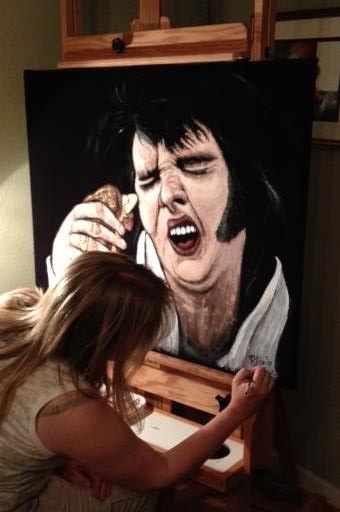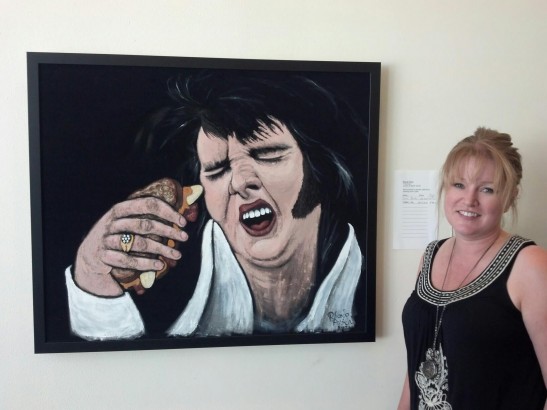It’s no big surprise that the Seattle City Council has been preparing to set regulations on vacation rentals, such as homes you find on AirBnb or Home Away/VRBO. Typically, vacation rentals allow home owners to rent out all or a portion of a home for short periods of time. Vacation rentals have become very popular with guests in search of a different experience than what you find staying in a hotel. Inside Airbnb states there are approximate 3,818 homes are being used as a vacation rental in Seattle that are rented, on average 110 nights out of the year. According to Inside Airbnb, 35.8% of the “hosts” or owners have more than one active vacation rental. People who I know who operate vacation rentals do so to help cover their housing expenses or because they plan to eventually retire in the vacation/second home.
Daniel Beekman of The Seattle Times wrote an article yesterday, “Seattle may slap new rules on Airbnb to ease the rental crunch“. The article fails to mention that Tim Burgess, who is the council member leading the charge on this issue, received a large contribution from hotel lobbyist.
The council is proposing to limit the number of days that can be rented as a vacation rental to 90 in a 12 month period. Burgess assumes that the other 9 months out of the year, these properties will be available to rent for periods of 30 days or more. This theory is flawed.
Often times with vacation rentals, an entire month is not “booked”. You might have someone staying one week and someone else staying a weekend in a month – not allowing a month to be available for a full 30 day rental period.
In addition, Mr. Burgess assumes that when a home is not booked for a vacation rental, that it will become available for longer term (30 days or more) rentals. Vacation rentals are furnished properties and, if rented for long term, will most likely not help those who are looking for “affordable housing”.
I do agree that vacation rentals should be regulated. Especially with some of the extreme examples that the Burgess used, citing:
“We have whole floors of apartment buildings that have been taken off the housing market,” he said. “We have entire buildings that essentially have become hotels.”
The “hosts” or owners who are gobbling up condos and essentially creating a hotel are a real minority and, in my opinion, should be treated more as a hotel and subject to zoning. However, folks who own just one property should be allowed to do so as a vacation rental without the 90 day limit restriction.
Should the regulations go through, limiting home owners from being able to use their properties as a vacation rental beyond 90 days, we won’t see these homes becoming long term rentals or helping the housing market. Many vacation rental home owners really enjoy the hosting aspect and meeting guest on vacation or business travel. What I think we will see is frustrated host eventually just sell their vacation homes during this hot market and again, that Seattle home will not be added to the long term rental stock.
Some neighborhoods, like West Seattle, lack hotels (we have one small motel) and actually need short term rentals to serve the neighborhood. Especially considering the alternative of just trying to get out of West Seattle and into a downtown Seattle hotel when West Seattle is where you want to stay.
From the Seattle Times article:
“The 90-day cutoff would affect just 20 percent of listings for entire houses or apartments in Seattle, according to a recent Airbnb report, Burgess says. The December report said almost 80 percent of entire-home listings here are rented for 90 nights or fewer per year…
“We don’t know how many of those are primary residences,” Burgess said. “But imagine if we put 300 homes back on the long-term rental-housing market. That would be worth a lot. To build 300 new units would cost more than $70 million.”
Burgess is looking at only allowing those who live on the property as their primary residence to be able to rent the homes longer than 90 days. His figures of having this impact only 20 percent of the listings is probably inaccurate.
I sincerely hope the City Council will take some time to do more research before impacting 3800 properties. And a majority of those homes will not go back on the market as long-term rentals.
If you own a vacation rental in Seattle, I recommend that you reach out to your council member to share your story.




 The 2013 mortgage loan limits for the greater Seattle area are for the most part, the same as 2012. The following loan limits apply for homes located in King, Snohomish or Pierce Counties.
The 2013 mortgage loan limits for the greater Seattle area are for the most part, the same as 2012. The following loan limits apply for homes located in King, Snohomish or Pierce Counties.
